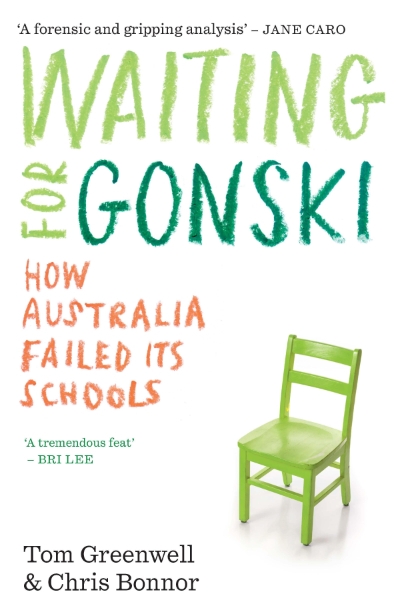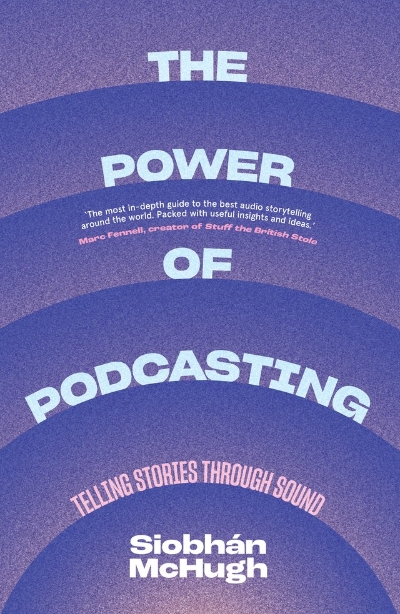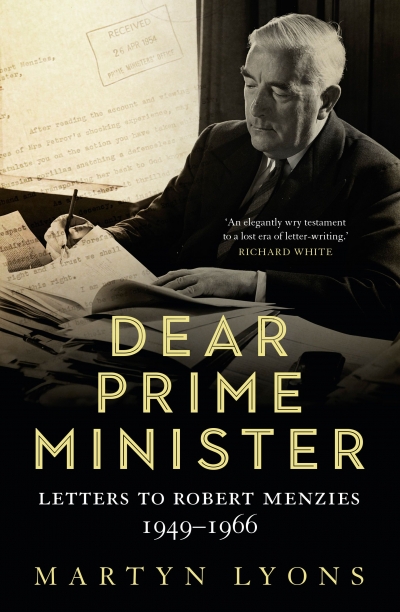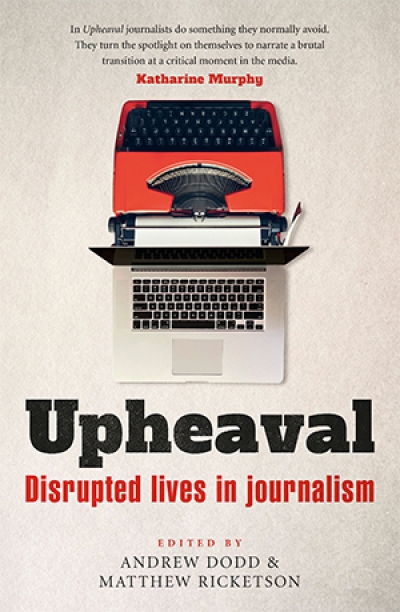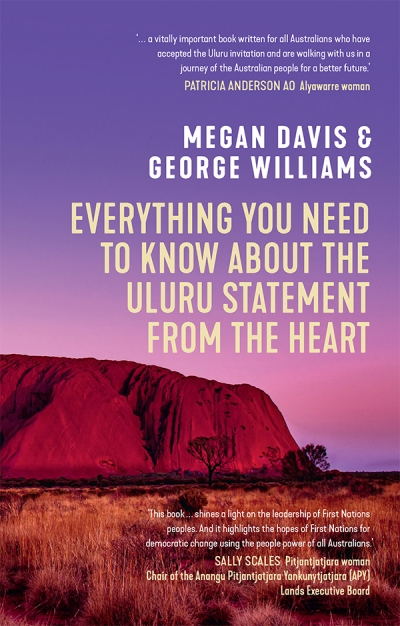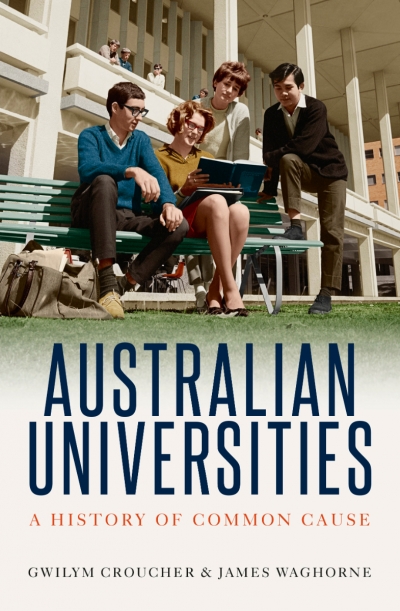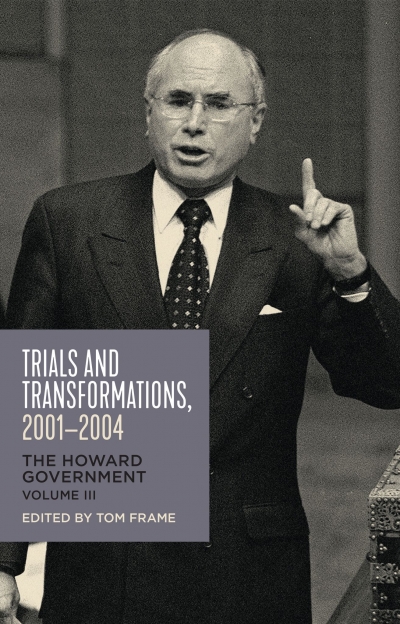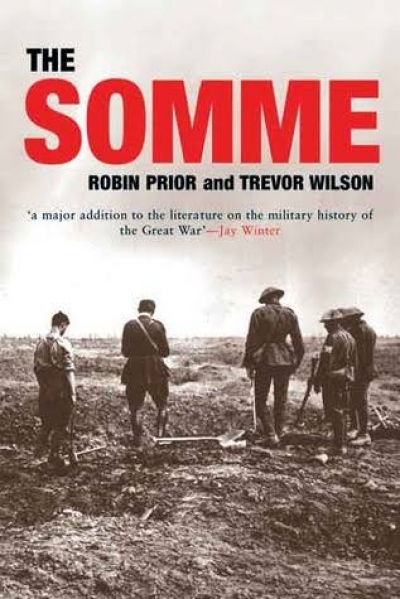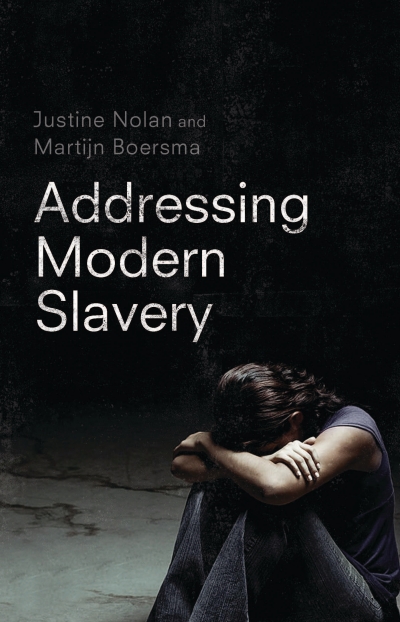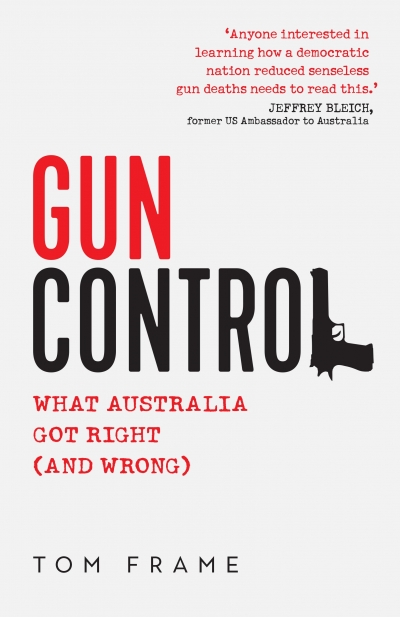UNSW Press
Waiting for Gonski: How Australia failed its schools by Tom Greenwell and Chris Bonnor
by Ilana Snyder •
The Power of Podcasting: Telling stories through sound by Siobhán McHugh
by Astrid Edwards •
Dear Prime Minister: Letters to Robert Menzies, 1949–1966 by Martyn Lyons
by Brenda Niall •
Upheaval: Disrupted lives in journalism edited by Andrew Dodd and Matthew Ricketson
by Gemma Nisbet •
Everything You Need to Know About the Uluru Statement from the Heart by Megan Davis and George Williams
by Kevin Bell •
Australian Universities: A history of common cause by Gwilym Croucher and James Waghorne
by Peter Tregear •
Trials and Transformations, 2001–2004: The Howard government, Volume III by Tom Frame
by Lyndon Megarrity •
Addressing Modern Slavery by Justine Nolan and Martijn Boersma
by Sayomi Ariyawansa •

